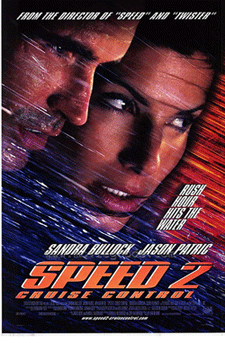I was recently asked to contribute an article to Bizezia’s Better Business Focus magazine. I decided to adapt an earlier blog post – but ended up changing it beyond all recognition. So here’s my latest thoughts on why you might need my help:
Who Needs Copywriters? – A Quick Look at the Benefits Copywriters Deliver
Have you ever wondered what a copywriter does? Or why you might need one? I’m a freelance copywriter, and I’d like to explain how people like me can help your business. Copywriters are marketing professionals – they exist to help you sell. There are various ways they do this, but all involve putting words to work.
Writers with marketing skills
Copywriting is quite different to normal writing. So while you might be a talented poet or letter writer, you might not understand the selling and marketing principles that copywriters can use to your advantage.
A good copywriter will write with many things in mind. Copywriters must consider how to address several personality types simultaneously, how to allay fears, mention features, highlight benefits, mix in social proof (testimonials) – all while being persuasive.
An outside view of the inside
One big bonus of employing a copywriter is that you get a fresh brain thinking about your business. This fresh brain might spot something you’ve missed or something you could make better. A good copywriter will put thought into their work, looking for ways to help you communicate more effectively to more people.
Speaking their language
A common failing in business communication occurs when the people writing the copy forget that the public (your audience) are not aware of your business and your industry jargon. A copywriter writes with your readers in mind – so your copy will address their needs, in their language.
Traffic-stopping web copy
Writing for websites requires even more specialist knowledge than offline copy. Web copy requires an understanding of Search Engine Optimisation (SEO), calls to action, usability, internet conventions and conversion rates, as well as the marketing and advertising principles mentioned above.
Investing in your corporate voice
Remember that words do a lot of talking for your business, so it’s worth investing in the best copy you can afford. Unprofessional communications and marketing material can actively work against you, telling potential customers things you didn’t intend to say. The right copy can work in harmony with your operations and help you to be heard in a crowded market.










